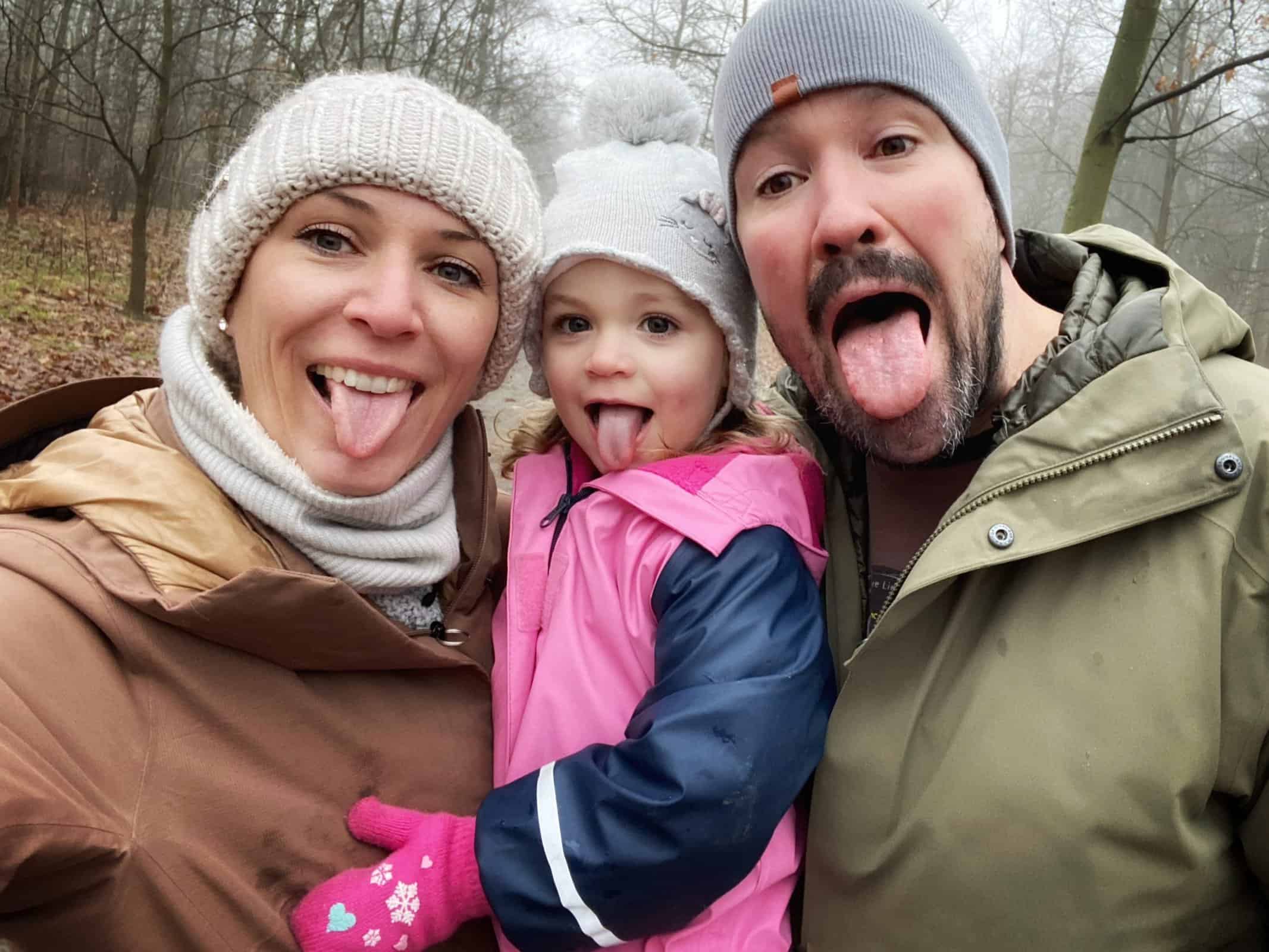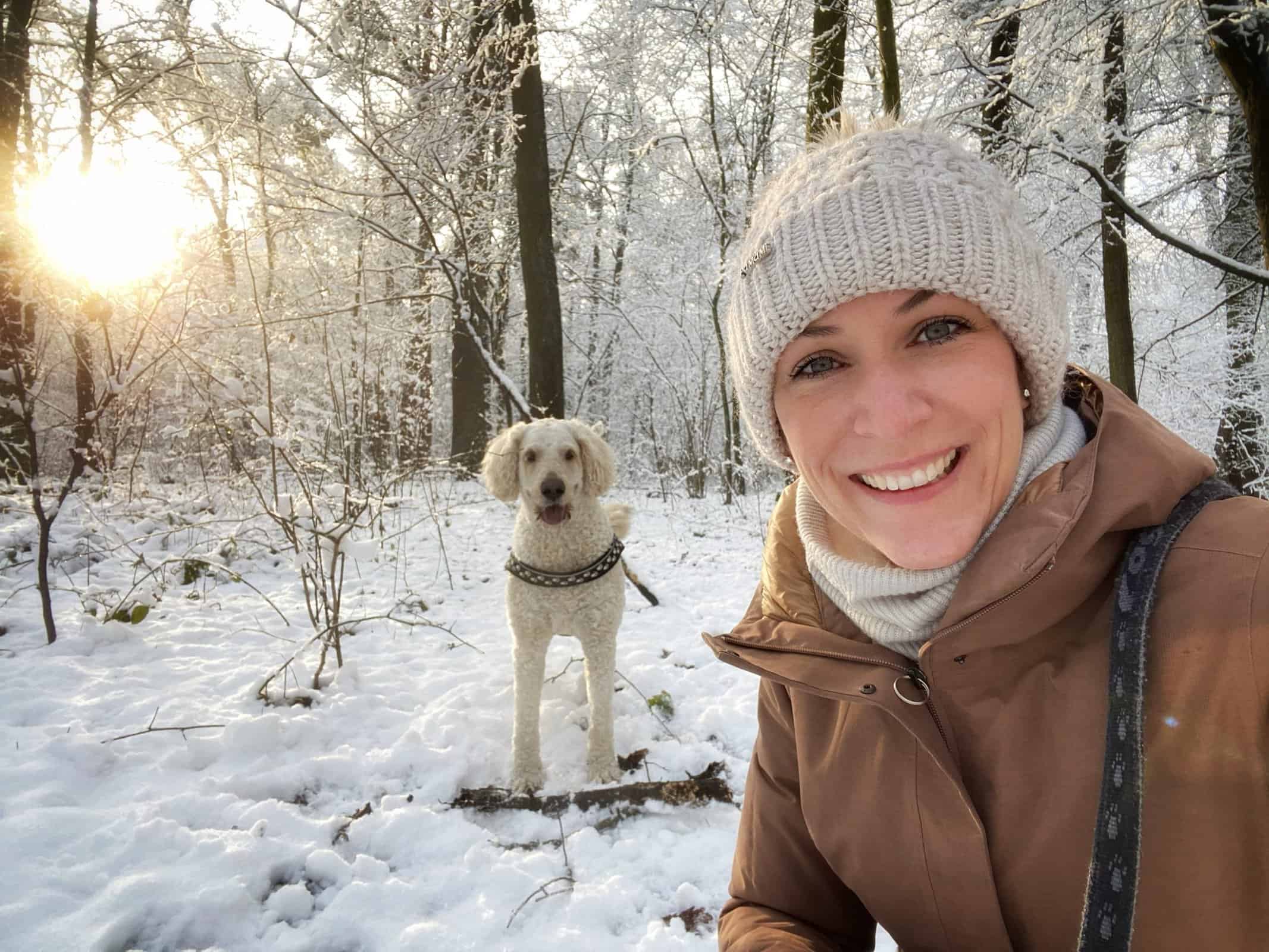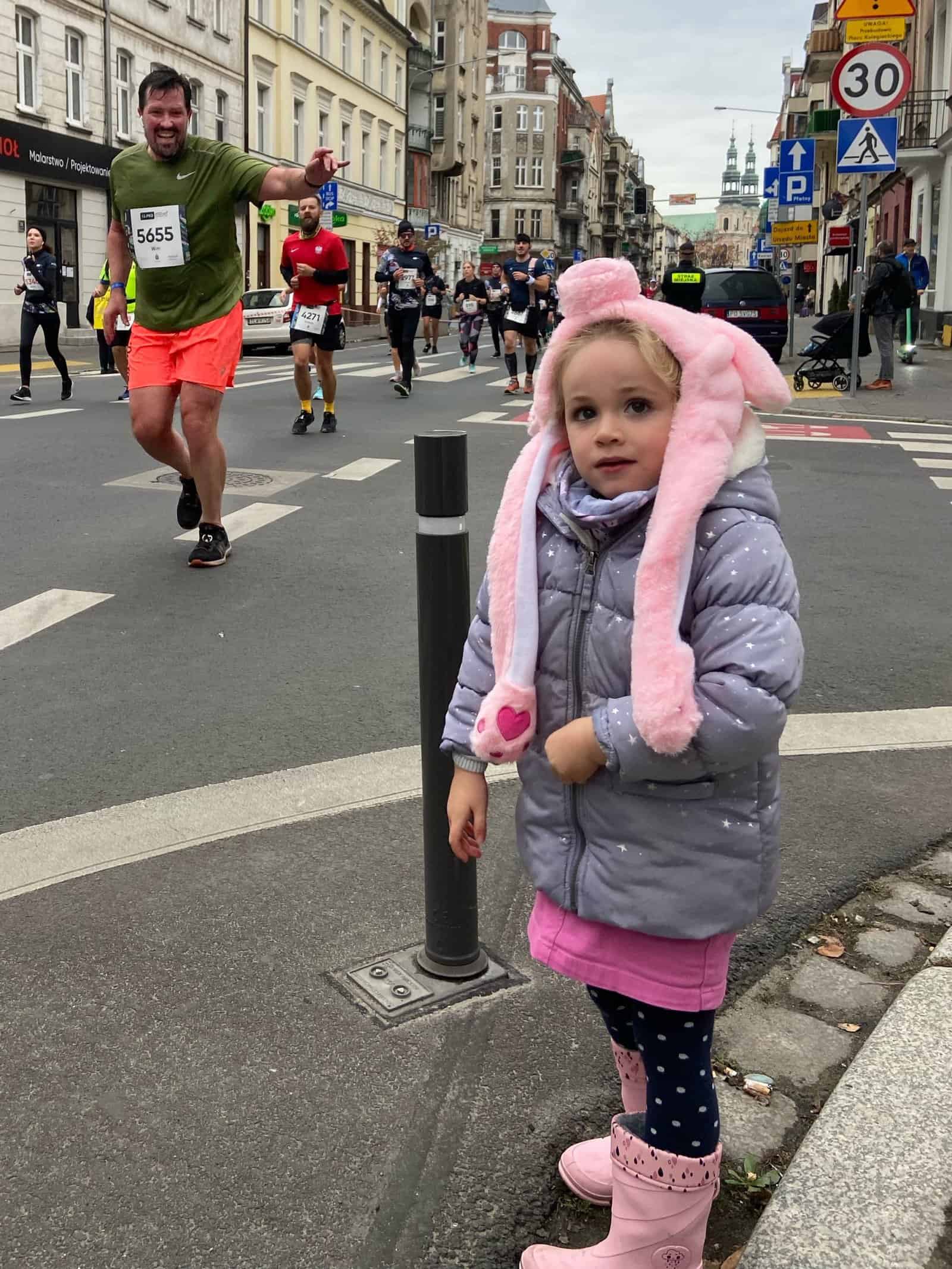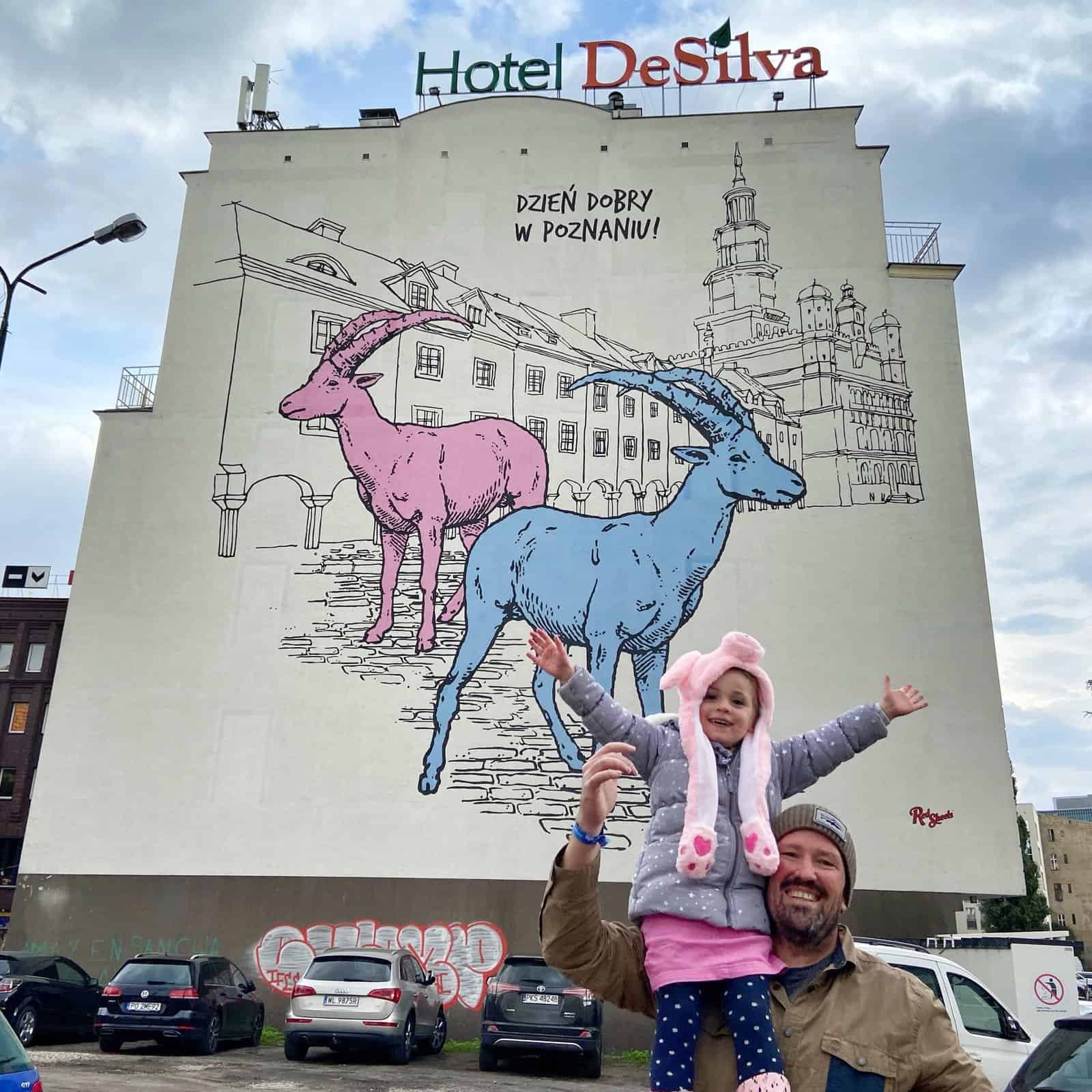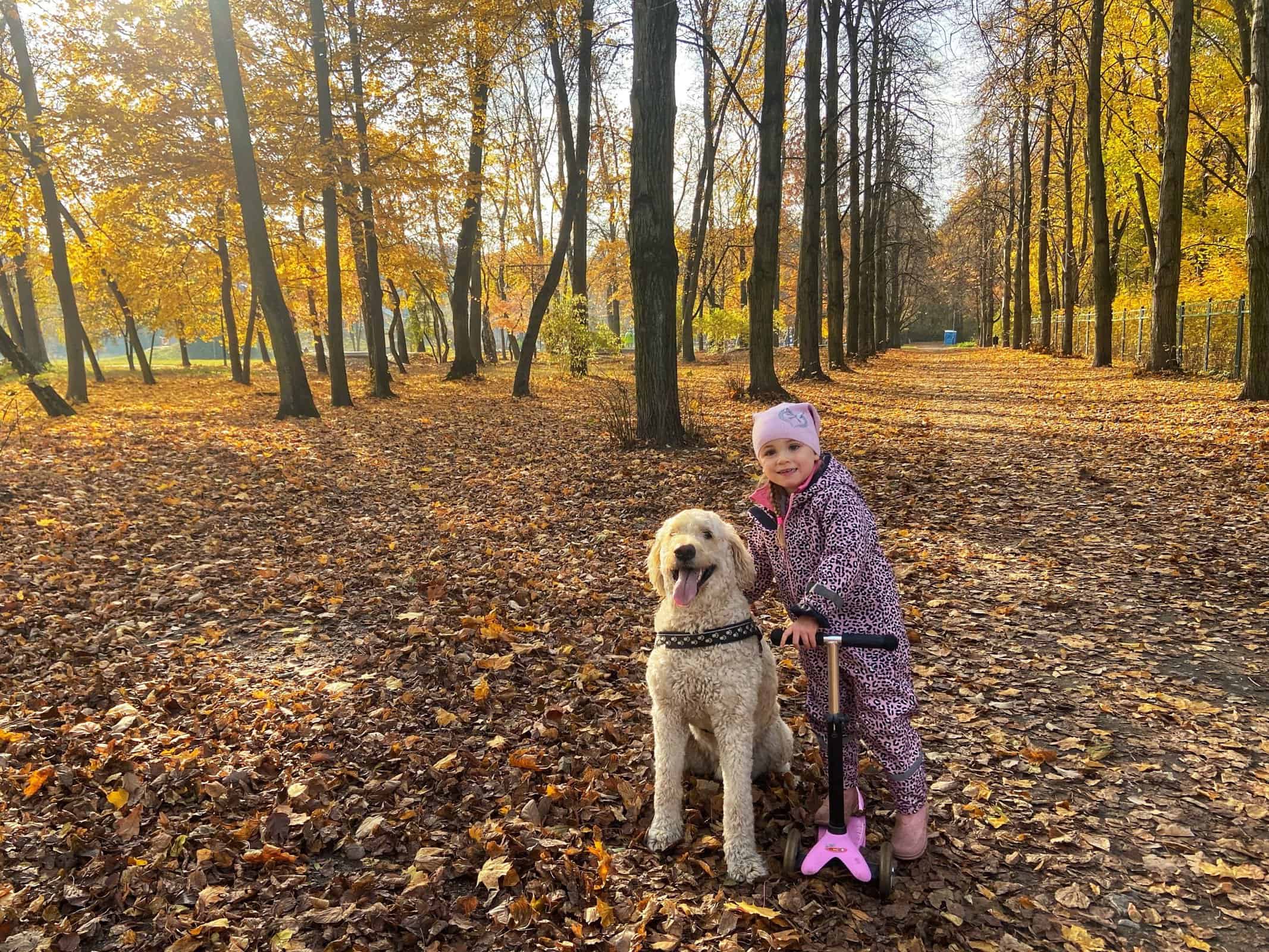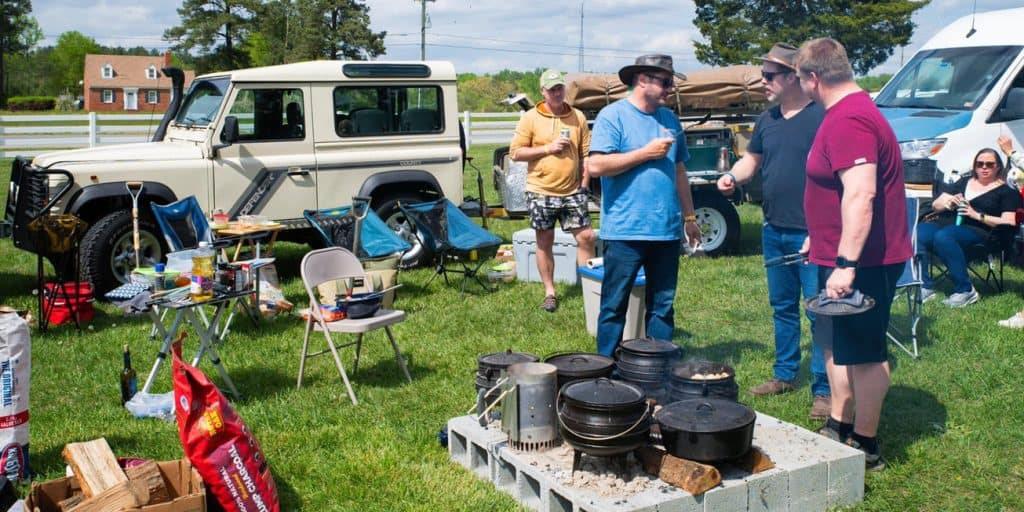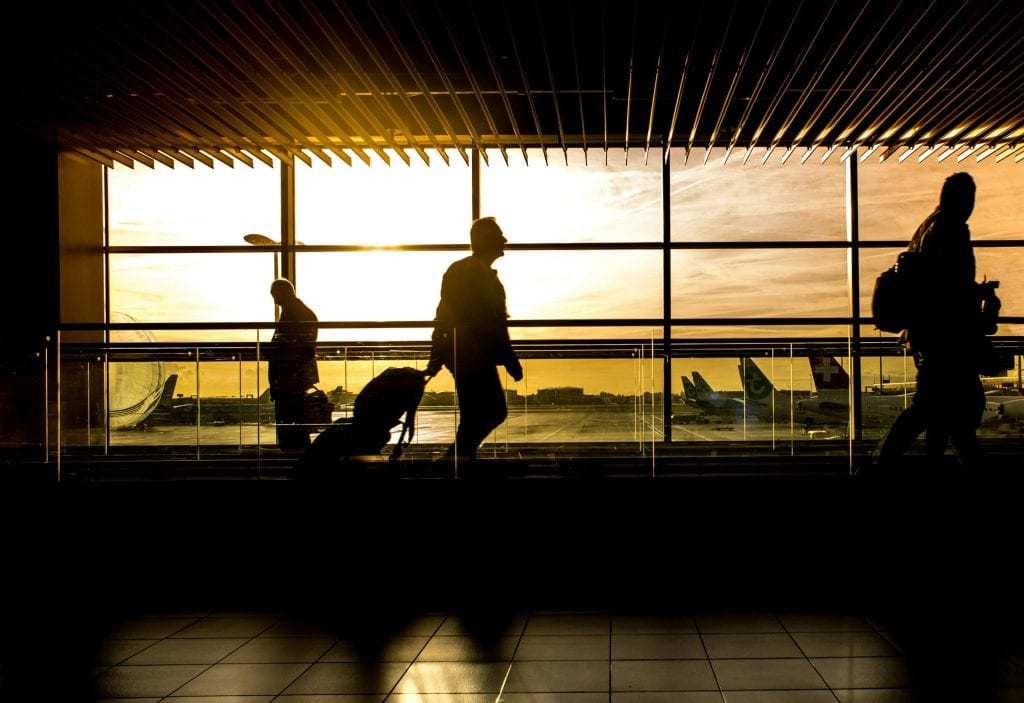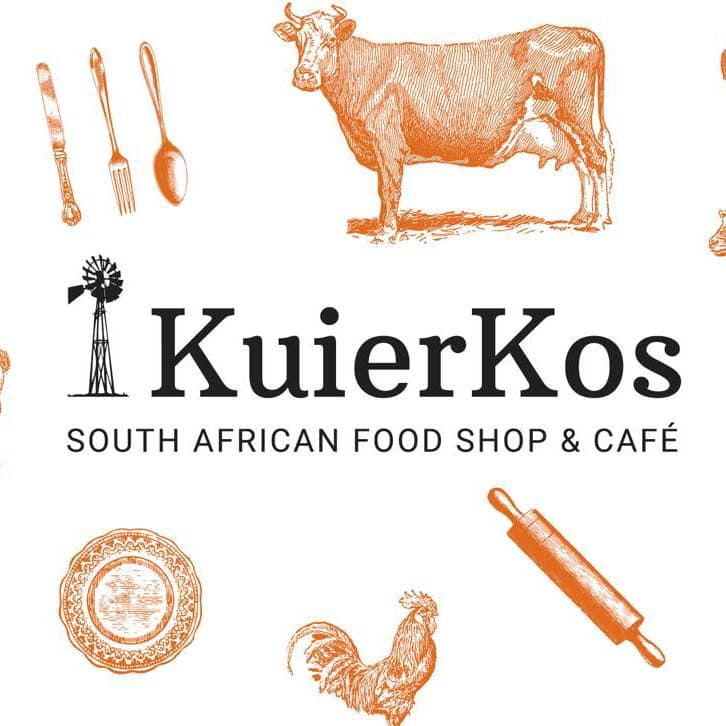Out and About is a column where we chat with people who currently live abroad, or who used to work and live abroad. This week we chat with Ira van der Merwe who moved to Poland when the pandemic was at its worse.
Hello Ira, it is nice talking to you. You mentioned that you were supposed to move to Poland before the pandemic, but that the process was interrupted due to the pandemic. Please tell us about this experience.
We bid the mountains of Switzerland goodbye for a three-year work contract in Poland. Our bags were basically packed, and our affairs concluded when the pandemic hit. Everyone went into a panic, flights were cancelled, borders closed, and everyone hid behind doors and masks. We were stuck between a rock and a hard place for six months and had to live from week to week, not knowing when the borders would be opened. It was an absolute nightmare when one considers that we had given up our home, job, business, accounts, child-care, etc.
We tried not to complain, because people really accommodated us and made the process more bearable. Friends of us had it far worse. They were in the same situation (also on their way from Switzerland to Poland) but got stuck in Germany when the borders were closed right in front of their vehicle. They had to stay in a one-room B&B for three months with a two-month-old baby and a toddler, while the husband had to start his new job via Zoom.
Nevertheless, as soon as the first opportunity presented itself, we were on our way through the deserted airports. It was extremely stressful because we were not sure when the borders would close again, and we were travelling with more than just holiday luggage. We had so much to carry, and it was a logistical nightmare with a child, pram, and a 40 kg dog with its enormous kennel. I was very worried that there would be some problem with his documentation and that I would not be able to get my dog through customs in Polish. But everything turned out well and he leaped out of his cage and started licking us before desperately starting to search for a patch of grass.
Apart from the cold weather, what was the biggest adjustment?
We were already quite used to some of the things that would have come as a shock to South Africans fresh from the country. In the Netherlands you lean to ride a bike and walk everywhere you go. You always sit outside when it is not raining, even if the wind is blowing you from your bike and your backside is frozen to your chair. In Sweden you learn that there is no such thing as bad weather, only bad clothes. That you wear anti-glyjougatafs, even when you can’t see the ice. (It is those rubber bands with nails that you put on your shoes to prevent you from landing in hospital.) In Switzerland you learn that the sun does exist, regardless of the fact that you have not seen it for six weeks and that you will probably not feel it when it shows its face. Take you Vitamin D, sister.
The pain of living in a country where people do not watch rugby is worse than any cold weather. Fifteen minutes into a Bok game the other day, hubby’s blood pressure was already sky-high after struggling with an unstable and semi-illegal internet streaming service. When we were finally able to sit down and watch the game, he had to jump up and close the door on the neighbour’s rumbling lawnmower, exclaiming: “Seriously, don’t they know the rugby is on?!” I had such a laugh; the neighbours have probably never even heard of the rough game we have such an insatiable passion for.
Is it different to do shopping in Poland compared to South Africa?
Not really. Runaway shopping carts and the language barrier are some of the challenges. The rear wheels of the shopping carts are not rigid and prone to spinning. They are hard to control and a downward slope spells doom since they will go wherever they want. A shopping cart on the run in a parking area is however nothing compared to locating products labelled in another language.
Added to the fact that the writing is Greek, the packaging is sometimes not what you would expect. One day I almost reported my husband missing when he stayed away for two hours only to buy five items. The poor soul got lost in the supermarket looking for fresh cream. The thing is things have different colour schemes and fonts from what you would expect. It is not in the typical place in the shop you are used to finding it. Also, you could be used to find something in a bottle, but here it is packaged in a tube. You look for something in a bag, but it is packaged in cardboard. You go through the cans – because where you come from a certain product is found in a can – but here it is bottled. And the fresh cream is not in the vicinity of the milk, nor is it in a bottle or a carton, but in a yoghurt container. No picture of cream is visible on the container, never mind a cow. And Google Translate translates cream as sour cream. Which is what the worn-out shop assistant eventually handed my husband, and which I later added to my coffee.
There is no end in sight. It takes a long time to learn a new language. After a while it gets tiring to look startled whenever the cashier uses a different sentence when enquiring whether you would like a bag. You think to yourself, why not try the wonderful self-payment option? That way nobody can ask you a question that will leave your face looking like a frozen Zoom call. With simply a few beeps you can quietly escape without attracting attention to the fact that you are an out-of-place foreigner. So, you put on your big girl panties and attempt to use it. But then you make the mistake of clicking on the English flag, hopeful that you will be able to find that new strange vegetables you are buying. The sound of the machine saying “PLEASE SCAN AN ITEM” then echoes through the supermarket loud enough for everyone to hear, announcing that you are the idiotic foreigner who have not succeeded in learning the language and integrating despite trying so hard. This causes everyone at the pay point to pause and glare at you.
You have a three-year-old, does she speak Afrikaans?
Yes, she speaks Afrikaans beautifully. It is unbelievable when you realise, she only heard Afrikaans from mommy and daddy. I strongly believe that her Storieman series contributed immensely. I am so thankful for the fact that my mother-in-law was able to get hold of the series in South Africa. We listen to the stories in the car or wherever we can.
At this stage she talks with a very cute lisp but that doesn’t stop her. She can also speak English and Polish and still remembers a word of two in German and Dutch. Due to the fact that we are new to Poland, her teachers try to help her with an English word here and there. Such as “push” when she is on the swing. She is resourceful and if somebody does not understand her, she will try a word in all the other languages she knows. Of course, the volume climbs when she is trying to get her point across, “Want ’n menth moet hard praat, thodat menthe mooi kan hoor, mamma.”
One day hubby was standing with her by the swing in Hermanus, sipping his steaming hot coffee and enjoying the cool breeze and beautiful view. Neither he nor her grandmother took note of her repeated requests for someone to push her on the swing. “Poeth my pappa, poeth my. Haai pappa, poeth my!” Goodness, my husband had such a fright! Everyone went quiet. Granny’s mouth hung open. There were a few nervous giggles. He could not get rid of the coffee and push the swing fast enough!
Have you learnt Polish yet?
Yes. But nobody understands me! Polish is definitely the most difficult language I have ever attempted, and I am not convinced I will be able to get the hang of it before we return to Switzerland. Not only is in grammatically completely different from any of my other languages, but the whole pandemic had also made it almost impossible to learn a new language. Everyone was under lockdown, behind doors and masks and wary of each other. The best way to learn a language is by speaking it and we were not able to speak to people. And how are you supposed to learn these tongue-twisters if you cannot see a person’s lips? Not only were language courses halted, I also was not able to commit myself to a course – it is hardly possible to get through your day-to-day tasks with a small child with the added challenge of learning a language that does not sound the way it looks.
That’s why I rather speak Italian – that is, with my hands! It is hilarious. I use Google Translate for translation purposes. Thank goodness for that. I type in my sentence, click on the speaker, and try to imitate it until I reach the front of the queue. You can imagine the looks I receive. Not only when I am listening and saying it out loud repeatedly, but also when I recite it to the cashier, and it turns out to be completely wrong! Who knows what unspeakable things I have unknowingly uttered about all these people’s mothers?
And once you’ve managed to pronounce it correctly, it is followed by a panicked expression on your face and the inability to reply to whatever incomprehensible answer you receive. You cannot fall back on English, because where we live there are not many people who are fluent in another language. I have found that when you start talking English, the circle of panic just widens and the poor person behind the desk just ends up even more confused.
Language is an ongoing challenge. Sometimes it is funny, such as when you pay for three days’ parking instead of three hours and then find out that it is weekend and parking is actually free. Or to stand in front of a bathroom and not knowing which side is for men and which for women. Other times it is just intimidating and frustrating, such as when you need to register a car or visit a doctor.
Is Poland an expensive country to live in?
Poland is definitely cheaper than Switzerland, so it was a relief. However, salaries are not high. You do come far with your money though, because you do not spend a lot on safety, outdoor entertainment, or medical aid. There are parks and woods everywhere if you decide to spend time outdoors, with the most wonderful play parks, bicycle tracks and skateboard parks.
We were shocked to realise how expensive South Africa was compared to Poland during our last holidays in South Africa. Food and dining out are far more affordable here.
On the topic of restaurants – one bonus here is that every restaurant has a play area or at least toys. The smarter the restaurant, the smarter the play area. The overall experience is much better here than in Switzerland. People are open and patient toward children and there is a huge focus on families. (Most bathrooms are equipped with a nappy changing station in both the men and women’s bathrooms, with nappies of varying sizes.) It is very stressful to go to a restaurant with small children in the German area of Switzerland. Most hosts here value children and have a lot of patience. It is something I will miss very much.
How is the food in Poland different from that in South Africa?
The climate is far more suitable for growing vegetables than fruit. I really miss South African fruit. When we are in South Africa, I eat bowls full of fruit salad and I sometimes fantasise about standing astride on the grass biting into a mango with the juice dripping from my mouth. Most fruit are imported, expensive and lacks quality due to being harvested before it ripens, and is then transported. Nothing beats fruit that is sun-kissed until the last minute before it is eaten. Goodness, I can almost taste the sweetness of the bag of Citrusdal oranges I plan on buying at the side of the road. I get teary-eyed when I think about the box full of creamy avocados I can load into my boot for the same price as a single one I buy here.
People here generally like soup a lot. Soup is served before a meal (almost the way the Swiss enjoy a salad before their meals) and the main meal is – typically European – served in the middle of the day. I find it healthier, and it makes more sense to do it this way, but I sometimes find it impractical to cook during this time of day. However, I am thankful that we are consuming more vegetables and less meat. One of the most prized dishes at the Christmas table, for instance, is carp.
Dumplings is a typical Polish dish. It is basically like pasta with a filling. It can be eaten on its own or with a sauce or in a soup. It can have a sweet or savoury filling with fruit or cheese or meat. I like the one with mushroom and cabbage which is served in beetroot soup. I never would have imagined something like beet soup existed, or that I would like it, be able to prepare it myself, or that my child would love eating it!
Meat is definitely not such a big deal. Hubby found himself in Pretoria recently and he says he was overwhelmed with how much meat people were trying to feed him. He also regarded all the red wine he was offered as vegetables.
We miss South African wine, but we were lucky to have found a local supplier who keeps stock of one or two good wine farms. For better options, we have a supplier in Germany and Lichtenstein. One of my daughter’s first big words was “Kanonkop Kadet.” Please do not tell the grandmothers.
Of course, you cannot find biltong and droëwors here and it is the most valuable thing you can bring back from South Africa. You protect it like a staffie. I have a secret hiding place: in the freezer’s vegetable drawer inside an old frozen peas bag. Nobody will look there. Jabu, our dog, knows it is there, but although he is very clever, I am lucky he has not figured out how to open the freezer yet.
ALSO READ: Out and About: An email from North Cyprus
Share on
Latest articles




